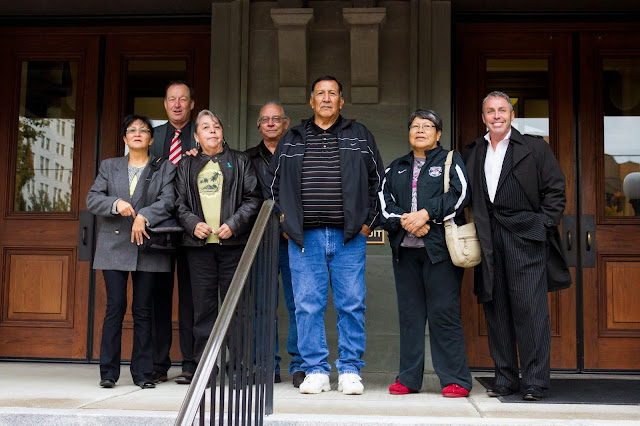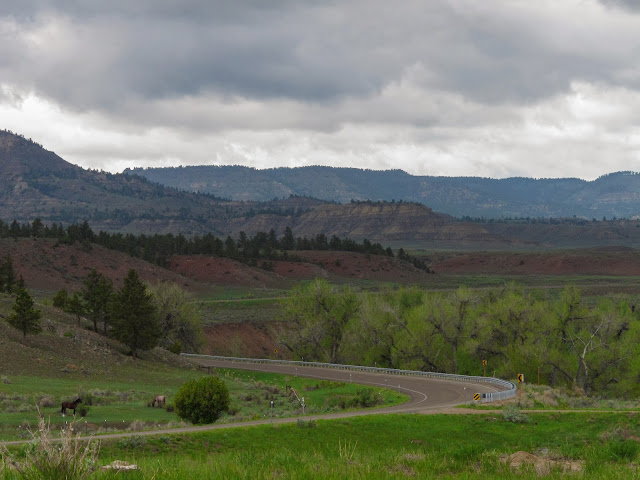Justice Department Declares Indian Vote Denial “Completely Incorrect”

This article appeared in Indian Country Today in 2013. For more on topics like this, see my book, American Apartheid: The Native American Struggle.... Native voting-rights plaintiff Mark Wandering Medicine, center, with supporters “M ay it please the court, Erin Flynn on behalf of the United States.” So began the Justice Department’s presentation in a landmark Native voting-rights lawsuit. The Ninth Circuit Court of Appeals, sitting in Portland, Oregon, heard oral arguments in the suit, Wandering Medicine v. McCulloch, in early October. The appeals court’s decision, upcoming in the next few months, will turn on whether a Montana district judge misread Section 2 of the Voting Rights Act when he denied requests for satellite registration and early-voting offices on isolated Montana reservations. The local magistrate reasoned that Indians have been elected to office in the state, so Indian voters’ lack of equal rights—which he readily acknowledged—was immaterial. Attor






